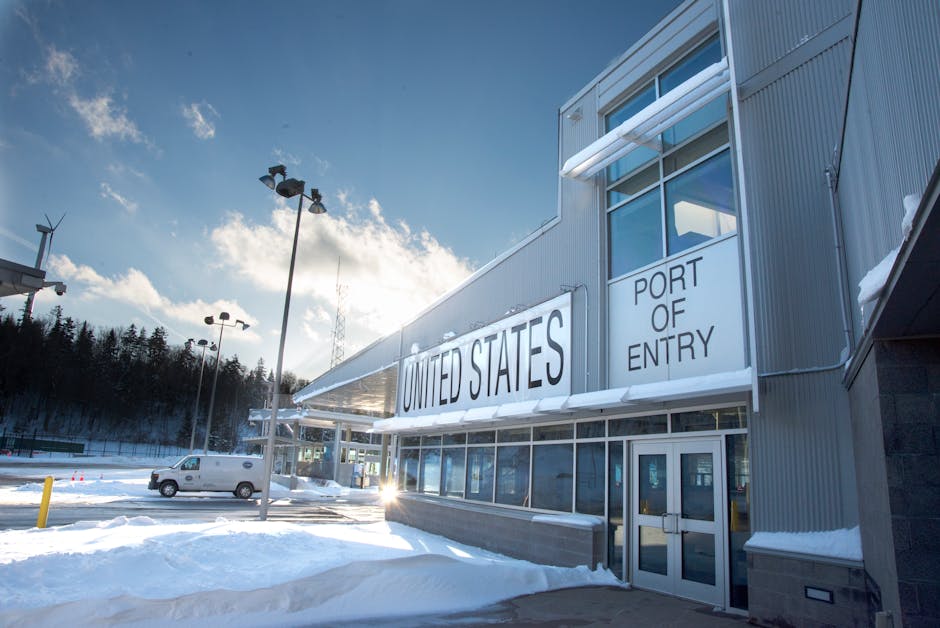Raid Details
On September 4, federal immigration agents conducted a massive raid at a Hyundai manufacturing site in Ellabell, Georgia, resulting in the detention of 475 people, primarily South Korean nationals. The site is part of a major economic development project in the state, where Hyundai Motor Group and LG Energy Solution are co-owning an electric vehicle battery plant.
Background of the Raid
The raid is part of ongoing efforts by US Immigration and Customs Enforcement (ICE) to enforce immigration laws at workplaces. It is notable for its large size and the fact that it targeted a major manufacturing site. The action has sparked significant attention due to its potential impact on the local economy and international relations.
Economic and Diplomatic Implications
The raid has caused turmoil among Korean firms operating in the United States and has shaken confidence in American projects. The South Korean government has taken steps to address the issue, arranging for the release and return of detained workers.
Response from South Korea
South Korea's Foreign Minister, Cho Hyun, has traveled to the United States to deal with the political and economic fallout from the raid. The incident has highlighted the intersection of trade and immigration agendas, particularly in the context of US-Korea economic relations.
Legal and Procedural Aspects
The raid was conducted under existing US laws and regulations regarding workplace immigration enforcement. The Supreme Court has recently ruled that sweeping immigration raids can continue, which has provided a legal basis for such actions.
Workplace Raids and Immigration Policy
The Hyundai raid is part of a broader strategy to enforce immigration laws in workplaces. These actions have been a key component of the US administration's approach to immigration policy.
Impact on Local Community and Economy
The raid has had a significant impact on the local community and economy in Georgia. The Hyundai-LG plant is one of the largest economic development projects in the state, and the detention of hundreds of workers has caused disruptions.
Community and Economic Concerns
Local officials and community leaders have expressed concerns about the impact of the raid on the local economy and social stability. The incident has raised questions about the balance between enforcing immigration laws and supporting economic development.
Expert Insights
Conclusion
The immigration raid at the Hyundai manufacturing site in Georgia has brought attention to the intersection of immigration enforcement and economic development. The incident has significant implications for US-Korea relations, workplace immigration policies, and the local community.
The details of the raid, including the number of detainees and the context of the Hyundai-LG plant, have raised questions about the balance between enforcing immigration laws and supporting economic growth.
As the situation continues to unfold, it will be important to monitor the impact on the local community, the economy, and international relations.
The US government's approach to immigration enforcement at workplaces is likely to remain a contentious issue, with ongoing debates about the effectiveness and fairness of such actions.
In the meantime, the Hyundai-LG plant will continue to be a focal point for discussions about US immigration policy and its implications for business and international relations.
